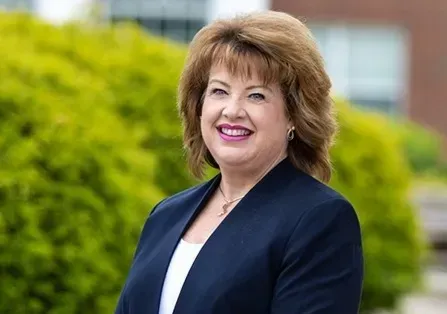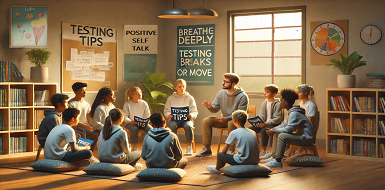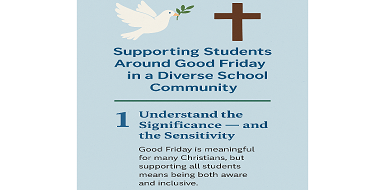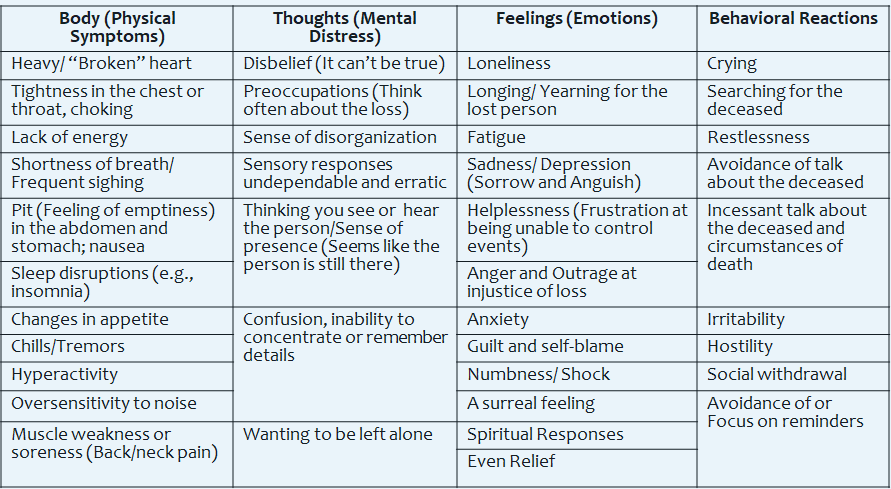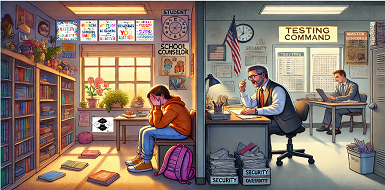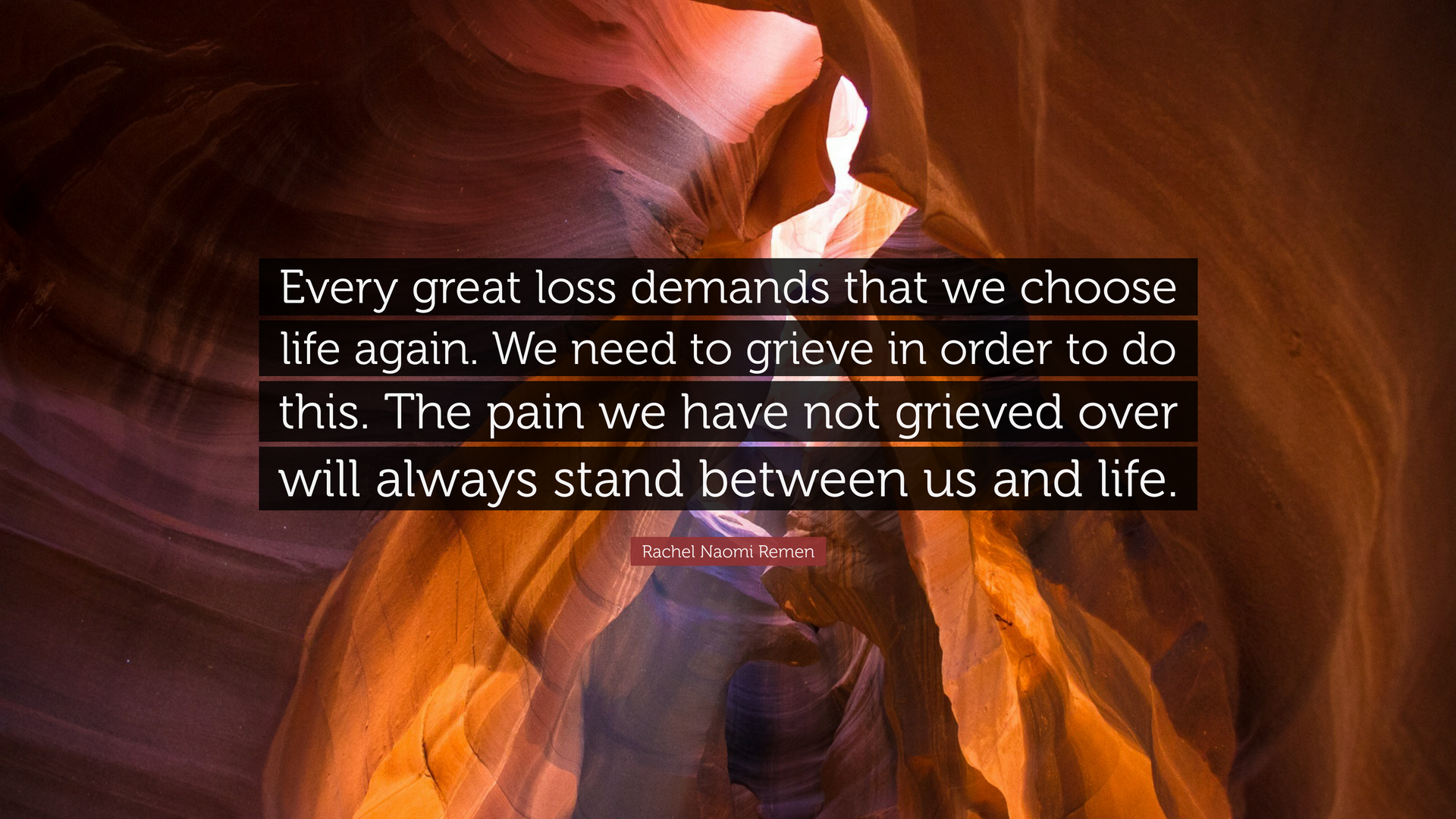How Are School Counselors Prepared?
Understanding the Professionalism of the Role
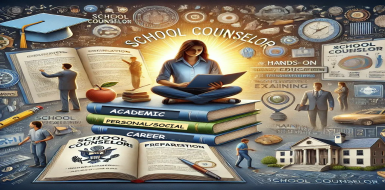
School counselors play a vital role in the academic, social-emotional, and career development of students. They are often the first line of support for students facing personal challenges, academic struggles, or career uncertainties. But how are school counselors prepared to take on such a multifaceted and essential role? The path to becoming a school counselor involves rigorous education, specialized training, and hands-on experience that ensures they are equipped to meet the diverse needs of students.
This post explores the comprehensive preparation that school counselors undergo, covering their educational background, certification requirements, and the key skills they develop to be effective advocates and leaders in schools.
Educational Requirements
Becoming a school counselor starts with a strong foundation in education and human development. Here’s an overview of the typical educational pathway:
1. Bachelor’s Degree
The first step in becoming a school counselor is earning a bachelor’s degree, usually in a field related to psychology, education, or counseling. Common undergraduate majors for future school counselors include:
- Psychology: Provides a deep understanding of human behavior, mental health, and the social-emotional development of children and adolescents.
- Education: Offers insight into the structure and function of the school system, learning processes, and educational theory.
- Social Work: Helps future counselors understand how to work with families, communities, and students who may face socio-economic challenges.
While a bachelor’s degree in these fields lays the groundwork, it is only the first step. To become a school counselor, candidates must pursue graduate-level education, where they gain the specialized knowledge needed for counseling in schools.
2. Master’s Degree in School Counseling
The next step in preparing to be a school counselor is earning a master’s degree in school counseling or a closely related field. This advanced degree typically takes two to three years to complete and includes both coursework and practical training.
Key areas of focus in a master’s program for school counseling include:
- Counseling Theory and Techniques: Students learn various counseling approaches, including cognitive-behavioral, person-centered, and solution-focused therapies, tailored for use with children and adolescents.
- Developmental Psychology: A deep dive into how students develop emotionally, socially, and intellectually throughout their school years, allowing counselors to offer age-appropriate interventions.
- Career Counseling: Preparing future counselors to guide students in exploring career paths, making informed decisions about post-secondary options, and developing the skills necessary for success in the workforce.
- Multicultural Counseling: Teaching future counselors how to work with students from diverse cultural, racial, and socioeconomic backgrounds, ensuring equitable support for all students.
- Crisis Intervention: Training on how to respond to emergencies such as student crises, bullying, self-harm, or trauma, ensuring the counselor can provide immediate and effective support.
Practical Training: Fieldwork and Internships
In addition to coursework, practical experience is a cornerstone of school counselor preparation. Most master’s programs require students to complete supervised internships or practicums in a school setting. This hands-on training is essential for future counselors to apply what they’ve learned in real-world scenarios and develop the practical skills needed for their role.
Practicum/Internship
Practical skills are practiced in field experience where students observe and engage in counseling activities under the supervision of a licensed school counselor. This allows future counselors to begin working directly with students, learning how to build rapport, assess needs, and implement counseling techniques in a controlled environment. As the practical experience progresses, the field experience becomes more immersive, allowing future counselors to take on more responsibilities, such as conducting one-on-one counseling sessions, leading group activities, coordinating academic interventions, and addressing mental health concerns. Practicum and Internships also provide the opportunity to work closely with teachers, administrators, and families, learning how to advocate for students and collaborate with key stakeholders.
During these practical field experiences, students receive regular feedback and supervision, allowing them to refine their skills and ensure they are fully prepared to take on the responsibilities of a school counselor.
Certification and Licensure
After earning a master’s degree, aspiring school counselors must meet specific certification and licensure requirements to practice in schools. These requirements vary by state, but they generally include the following:
1. State Licensure
Most states require school counselors to be licensed or certified before they can work in a public school setting. The licensure process typically involves:
- Completing a Master’s Degree: Graduation from an accredited school counseling program is a prerequisite.
- Passing a State Certification Exam: Most states require candidates to pass an exam that assesses their knowledge of counseling techniques, educational theory, and student development. The Praxis II School Counseling Exam is a common certification test in many states.
- Completing a Background Check: As school counselors work closely with children and adolescents, they must undergo a criminal background check as part of the licensure process.
Some states may also require candidates to complete a specific number of supervised counseling hours post-graduation before they can be fully licensed.
2. Continuing Education
Once certified, school counselors are required to engage in continuing education to maintain their licensure. This ensures they stay current on the latest research, trends, and best practices in counseling. School counselors regularly participate in workshops, conferences, and additional coursework to deepen their expertise in areas such as mental health, trauma-informed care, diversity, and inclusion.
Many counselors also pursue advanced certifications, such as becoming a National Certified School Counselor (NCSC), which demonstrates a high level of competence and commitment to the field.
The Essential Skills School Counselors Develop
The educational and training requirements for school counselors are designed to develop the following essential skills:
1. Empathy and Communication
Counselors are trained to listen actively and empathize with students’ experiences, helping them feel heard and understood. Strong communication skills are crucial for building trusting relationships and fostering a safe environment for students to open up about their struggles.
2. Problem-Solving and Critical Thinking
Counselors must be able to assess a situation quickly and determine the best course of action. Whether helping a student navigate academic challenges or addressing a mental health crisis, counselors rely on their problem-solving skills to provide effective solutions.
3. Cultural Competence
School counselors work with students from diverse backgrounds, and part of their preparation involves learning how to provide equitable support to all students. They are trained to understand the impact of culture, race, and socioeconomic status on students’ experiences and to offer culturally responsive interventions.
4. Leadership and Advocacy
School counselors are leaders in the school community. They advocate for students’ needs, work to create inclusive school climates, and collaborate with teachers, administrators, and families to ensure all students have access to the resources they need.
Conclusion: Thorough Preparation for a Multifaceted Role
The journey to becoming a school counselor involves years of education, hands-on training, and professional development. From earning a master’s degree in school counseling to completing internships and obtaining state licensure, school counselors are highly trained professionals dedicated to supporting students in all areas of their lives—academically, emotionally, and socially.
Their preparation equips them to be leaders, advocates, and key players in the school system, ensuring that every student receives the support they need to succeed both in school and beyond. School counselors are more than just advisors or listeners; they are essential to creating a healthy, supportive environment where students can thrive.
I am a school counselor turned counselor educator, professor, and author helping educators and parents to build social, emotional, and academic growth in ALL kids! The school counseling blog delivers both advocacy as well as strategies to help you deliver your best school counseling program.
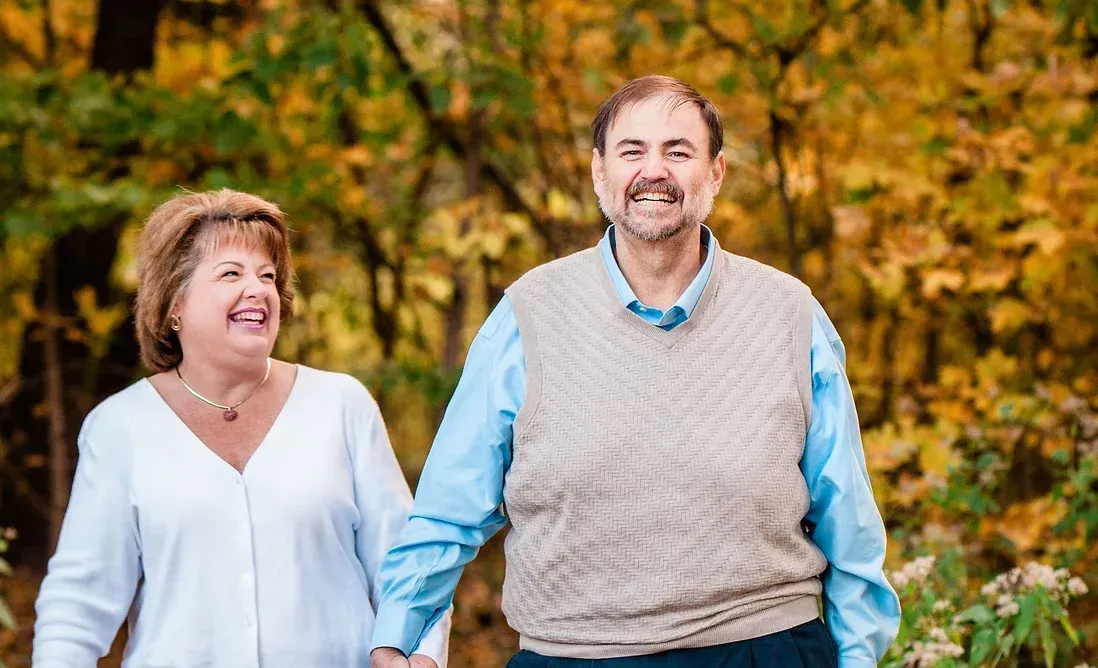
I'm a mother, grandmother, professor, author, and wife (I'll always be his). Until October 20, 2020, I lived with my husband, Robert (Bob) Rose, in Louisville, Ky. On that awful day of October 20,2020, my life profoundly changed, when this amazing man went on to Heaven. After Bob moved to Heaven, I embraced my love of writing as an outlet for grief. Hence, the Grief Blog is my attempt to share what I learned as a Counselor in education with what I am learning through this experience of walking this earth without him. My mission is to help those in grief move forward to see joy beyond this most painful time.
